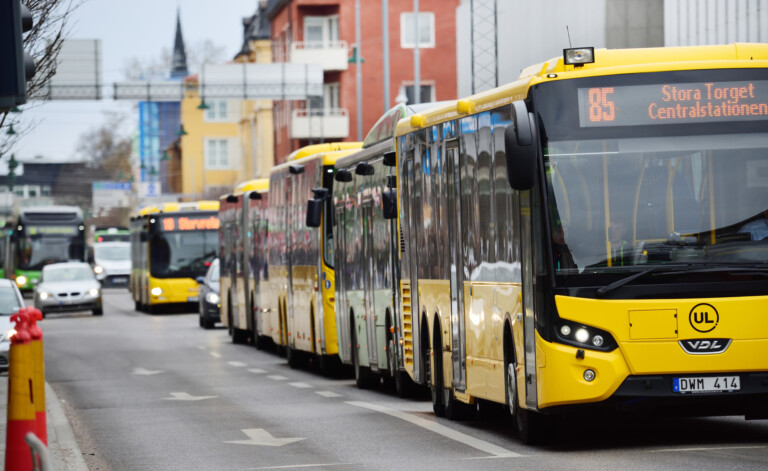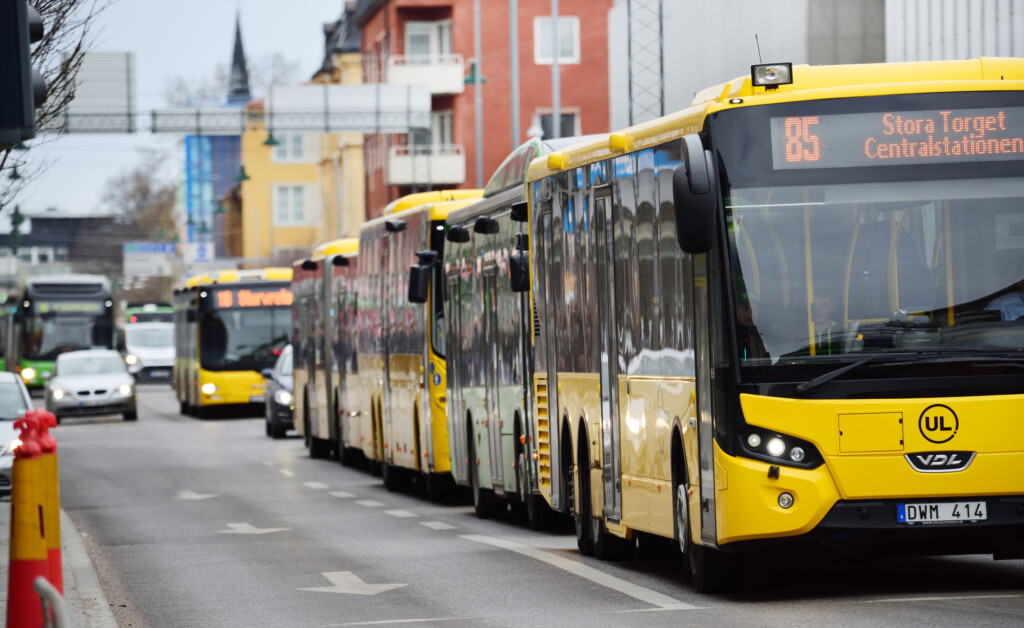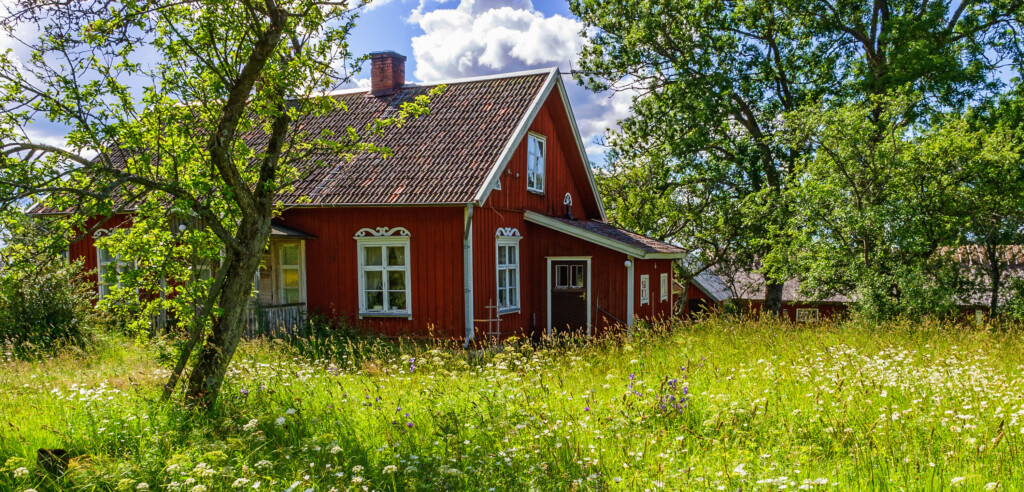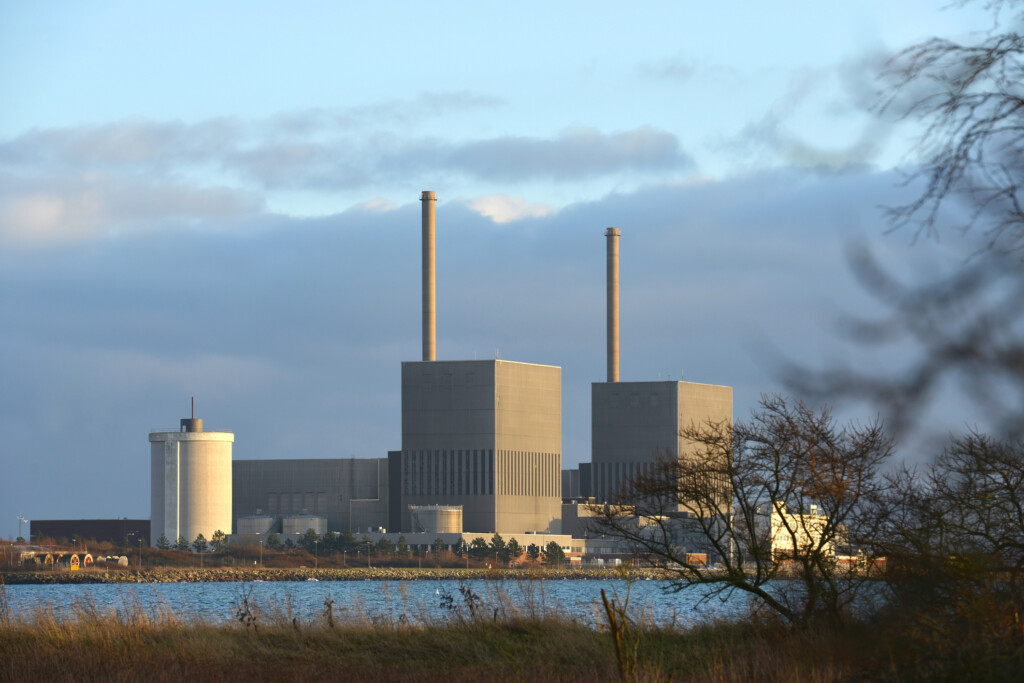Transport
“Sustainability is about our relationships”

Why aren’t leaders or citizens doing enough to address the climate crisis? One answer is that an outer transformation of politics, technologies and behaviours is not enough. According to researchers, we also need to be aware of the inner causes of the crisis.
Prenumerera på Extrakts nyhetsbrev!
Läs mer
Håll dig uppdaterad! Få kunskapen, idéerna och de nya lösningarna för ett hållbart samhälle.
Personal data is stored only for the mailing of Extrakt newsletters and information related to Extrakt’s operations. You can cancel the newsletter at any time, which means you will no longer receive any emails from us
“Climate change arise from a crisis in our relationships with ourselves, each other and nature,” says Pprofessor Christine Wamsler of Lund University.
High level interest in inner transformation for sustainability is growing. This year, the UN’s Intergovernmental Panel on Climate Change (IPCC) along with the UN Development Programme and European Parliament have stressed that inner and outer transformation must be linked.
“The way we think and take action around sustainability has hit a wall,” Wamsler says. “One important reason is that the vast majority of sustainability scholarship, education and practice has, so far, only focused on the external world: ecosystems, socio-economic structures and technology. But in reality, it is our ways of being and thinking as individuals and as collectives that are the root causes of the catastrophic changes we are seeing today.”
In recently published studies, Wamsler, together with Jamie Bristow from the Mindfulness Initiative, describes how people’s inner lives are connected to environmental and social sustainability in four different ways.
Four interactions of mind and sustainability crises
Firstly, according to the researchers, sustainability crises make us feel bad, climate anxiety, worrying, a sense of powerlessness, guilt, burnout and other forms of mental illness being on the rise.
Secondly, several patterns of thought exist that are preventing us from taking adequate action on climate change and other sustainability crises. For example, cognitive bias, our brain’s attempt to simplify information processing, can cause our thinking to become polarised or short-sighted. To avoid anxiety, we may blame others or deny the climate crisis. And when our instinctive fight or flight response is triggered, we become less empathetic, more extremist, and more likely to think in terms of us-versus-them.
“All of this ultimately reduces the political space for collective action on climate change,” Wamsler says
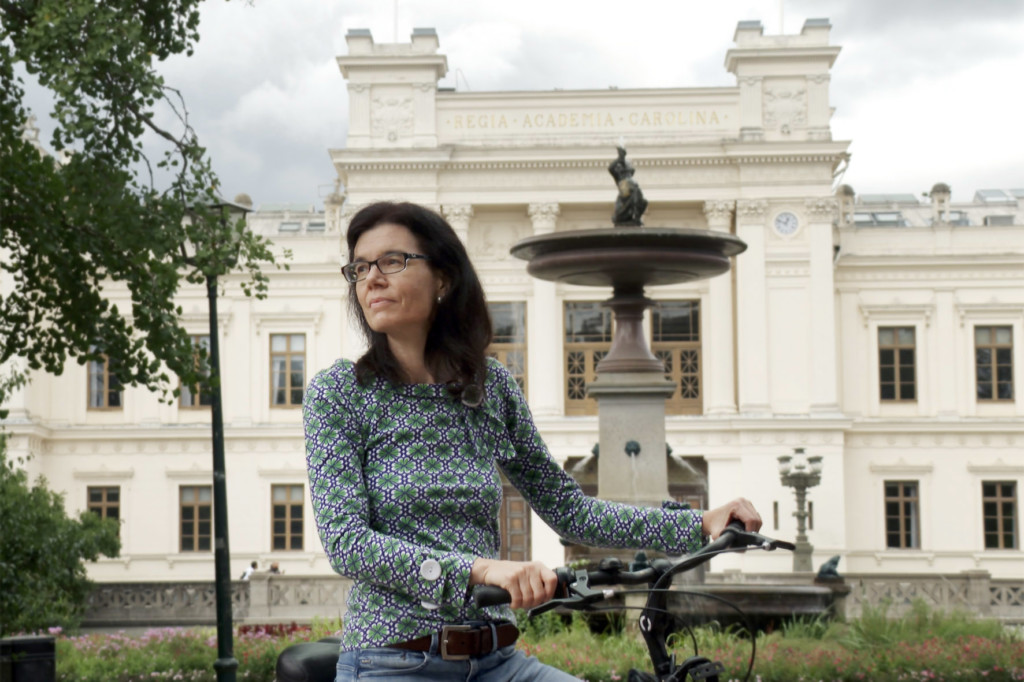
A vicious cycle
Thirdly, the way we think as individuals and collectively, is also a major driver, or root cause of the climate crisis. According to Wamsler, in the modern world countries like Sweden have a view of life that values individualism and independence above all, where nature is seen as an object and a resource for people to exploit. As an example, she points out that our use of technology is governed by the GDP, not by values and capacities like kindness and compassion, which can lead to environmental degradation and exploitation.
“Instead, we need to feel and understand that we are nature, that we are deeply interconnected with and depend on everything living on earth,” Wamsler says. “This would reduce the exploitation that lies behind both social and environmental injustices and increase care for people and nature.”
Fourthly, the described three interactions between mind and sustainability crises create a vicious cycle. For example, the worse we feel, the more we tend toward unsustainable behaviours, and less we can be bothered to engage in change. The consequences have directly negative implications for the planet.
“For example, if we try to reduce our climate anxiety by going on a shopping spree – not entirely uncommon in Sweden today – it drives unsustainable consumption and resource use,” Wamsler says.
An opportunity for holistic learning
In their article and report, Wamsler and colleagues also offer a number of specific suggestions on how we can transition from a vicious to a virtuous cycle. On an individual and collective level, they propose spaces, learning environments and practices that can support people’s inner capacities to connect with themselves, others and nature.
For example, schools and the healthcare system should enable people to devote themselves more to holistic learning, for instance with the help of artistic and contemplative practices, such as mindfulness and compassion based training.
“This can assist our self-reflection and help us cope with worries and grief, and it can nourish positive emotions and capacities such a sense of agency, as social connection, care, hope and courage that are critical in the collective response to the climate crisis and other sustainability challenges.”
According to Wamsler, the connection between inner capacities and sustainability must also be addressed more systematically at the policy and institutional levels, for instance by linking sustainability work and inner transformation in policy goals, budgets, projects and workning structures.
Rattling unsustainable norms, cultures and systems
Wamsler emphasises that her and her co-authors’ work is about integrating both inner and outer changes at the individual, collective and system levels. Inner transformation is not navel-gazing, but a necessary part of shaping more sustainable norms, cultures and systems.
“Our work on inner transformation for sustainability shows that individual, collective and planetary health and well-being are deeply interconnected.”
The authors hope that their research will rattle the prevailing system and approaches and thus contribute to more impactful ways of addressing the climate change and other societal crises.
“Understanding the intersection between mind and climate change shows that sustainability crises are inherently about how we relate to ourselves, each other and the environment. Changing the way we engage with each of these relationships can help bend our story towards a more sustainable path.”
THE MINDFULNESS INITIATIVE
The Mindfulness Initiative was founded in 2013 to support British politicians who wanted to introduce mindfulness in their policymaking. Its partners include British universities and non-profit associations that carry out research, educational initiatives and other work around mindfulness.
Mindfulness, or attentiveness to the present moment, has been a central practice in many spiritual and religious traditions for thousands of years and has had an impact in the global North through healthcare. It is an inherent human ability that helps us to be intentionally present in the moment with an attitude that is open, curious and caring.
Source: Christine Wamsler
Read more
Article by Christine Wamsler and Jamie Bristow on why inner transformation is important in relation to the climate crisis: Wamsler, C., Bristow, J. (2022). At the intersection of mind and climate change: integrating inner dimensions of climate change into policymaking and practice, Climatic Change, 173(7).
Report on the potential for mindfulness and compassion: Bristow, J., Bell, R., Wamsler, C. (2022). Reconnection – Meeting the climate crisis inside-out, policy report, The Mindfulness Initiative & LUCSUS.
More about the research project
More about Christine Wamsler’s work
A new report for the United Nations Development Programme: Wamsler C., Bristow J., Cooper K., Steidle G., Taggart S., Søvold L., Bockler J., Oliver T.H., Legrand T. (2022). Theoretical Foundations Report: Research and evidence for the potential of consciousness approaches and practices to unlock sustainability and systems transformation. Report of the UNDP Conscious Food Systems Alliance (CoFSA), United Nations Development Programme UNDP.
